Finally, I’m wary of the succession fads swirling around Kim Jong-un. Props to The Economist for suggesting likewise.
-
The Games People Play (Or Not)
The (Commonwealth) games seem to have been cursed. The curses have included a terrorist attack in Delhi; corruption and over-invoicing; a heavy monsoon; dengue fever; the withdrawal of leading athletes; the collapse of a footbridge at the main stadium; the ceiling falling in at the weightlifting venue; the boss of the games’ federation calling the “village” of brand-new and allegedly luxury high-rise apartments built to accommodate the athletes “filthy and uninhabitable”; and warnings from a number of national teams that they might not come if things don’t improve more quickly than seems possible.
This is a bitter blow for those in India who really dreamed that this—as the hype had it—was Delhi’s chance to join a sequence of modernising Asian capitals: Tokyo 1964! Seoul 1988! Beijing 2008! Delhi 2010!…The comparison with China will be especially painful. That India cannot match its organisational prowess will provoke much hand-wringing about national humiliation and the bloodiness of democracy and how it stops anything getting done.Better if India takes the flak for the games’ shortcomings not as an insult, but as a jolt that can be turned to good use, by recognising three truths about the country, two of which Indians often prefer to ignore.
The first is that corruption is pervasive at every level of society and is not a trivial complaint like the common cold, but a cancer. The graft-busting Central Vigilance Commission found that the use of second-rate materials and inflated pricing was widespread in preparations for the games, the most expensive in history. Toilet rolls, in one widely cited example, were reported to have been billed at 4,000 rupees ($88) each. Most people’s reaction to such stories is to laugh. But the joke is on India.
The second is that India is unusually vulnerable to terrorists. It is an open society under attack from both home-grown terrorists and those sponsored by its neighbours. By an Australian government tally, Delhi itself has been attacked 14 times since 2000. The latest atrocity came on September 19th, when two Taiwanese tourists were wounded in a submachinegun attack outside the Jama Masjid, a Mughal-era mosque that is one of Delhi’s most popular tourist attractions. The Indian Mujahideen, an Islamist group thought to be linked to Lashkar-e-Taiba, a Pakistan-based terrorist outfit, claimed responsibility. “We know preparations for the games are at their peak,” it e-mailed the press after the Delhi shootings. “Beware, we too are preparing in full swing for a great surprise.”
All of which poses questions about whether India should be aspiring to hold events such as these games at all. The third truth, which also argues for shunning them, is one to be proud of. India is a democracy. It is hard to deny that its political system complicates the organisation of such events. Responsibilities are split between the federal government, the local authorities in Delhi and the various sports bodies. And, in a democracy, every decision is contested. That the prime minister cannot snap his fingers, tell everybody to fall into line and “just do it” may be embarrassing. But not many Indians would prefer it another way.
-
Speak Less Softly, Carry a Stick
When China said in June that the yuan would be allowed more flexibility, it looked like a victory for Mr Geithner. But as weeks elapsed and the yuan stayed put, the critics began to resurface. “We’re all coming to the conclusion that they don’t believe we’re serious,” Jack Reed, a Democratic senator, told Mr Geithner on September 16th. “And as a result, they will listen to you politely but they will not take any effective action.”
The administration increasingly appears to agree. On September 15th it brought two actions against China at the World Trade Organisation (WTO): one contesting Chinese duties on American exports of a special type of steel used in power generation, and another over discrimination against foreign providers of payment-card transactions. The previous week the United Steelworkers union asked the administration to sue China in the WTO over subsidies of its renewable-energy industry. America has previously ignored such “Section 301” petitions or settled them bilaterally. But Mr Obama may not hold to that pattern, given his ties to unions and a deadline to respond that falls just before the mid-term elections (extensions can be granted).
The government’s most potent lever, however, is Congress, where numerous bills aimed at punishing China are in the works. The most important is a bipartisan bill pushed by Tim Ryan and Tim Murphy, Democratic and Republican congressmen respectively, that would subject imports benefiting from an undervalued currency to countervailing or anti-dumping duties. The House of Representatives could vote on the bill as early as next week; Senate prospects are less certain. Mr Geithner has been surprisingly open to the proposal, provided it complies with WTO rules (many experts believe it does not). This is a change from the reactions, ranging from ambivalence to hostility, that similar bills have elicited from the White House in the past.
The tougher tone seems to be working. The yuan began rising earlier this month, though it has not yet matched its progress in 2005, the last time China loosened its grip (see chart). America is not likely to ease off. Having at last got China’s attention, it is loth to let it go.
-
A Mao in Every Pocket
Last month’s decision to let some banks spend their offshore yuan on local Chinese bonds creates another link between these otherwise parallel universes. It will allow some offshore yuan to climb back onshore in exchange for assets rather than goods. These purchases will be subject to a strict quota but still broaden the menu considerably. The onshore bond market is after all worth $2.9 trillion, 725 times bigger than its nascent offshore rival.
If global trade in yuan does swell, international banks have a good chance of developing other fee-generating, predictable businesses, such as handling letters of credit or payments. And since money on its way from one place to another inevitably pauses, there should be more rises in deposits, which become the stuff of loans.
And yet, for all the financial logic, there is a huge argument going on within the Chinese government about whether to proceed. If foreigners sell their dollars to hold yuan instead they will put upward pressure on the currency, making it harder to “manage” (to use the word China prefers) or “manipulate” (to use the word preferred by its critics).
Despite China’s capital controls, the offshore market also affords its firms an alternative source of borrowing. Hong Kong, unlike China, allows almost anyone to issue a bond and repatriating the proceeds “is unlikely to be too challenging,” notes a report by Standard Chartered. This may erode the architecture of China’s credit system, which allows policymakers to channel funds to favoured firms and projects.
-
Deng’s Heirs Ignore His Advice
China maintains that the uninhabited islands (Senkaku-Diaoyu) were seized by Japan when it took over Taiwan at the end of a war between the two countries in 1895. Taiwan was handed back to China at the end of the second world war, but the islands remained under the control of the Americans, who administered them as part of the Okinawa island chain. America handed Okinawa back to Japan in 1972, including the Senkakus. Japan says the islands have always been Japanese. America takes no position on the rival sovereignty claims. But it has said that its defence treaty with Japan applies to the islands.
Japan’s alliance with America and its own considerable military muscle make it highly unlikely China would risk armed conflict over the islands. But China has allowed its wrath to go far beyond the diplomatic realm. It has suspended talks on the joint exploration of gasfields in the East China Sea as well as over increased flights between the two countries. It has cancelled a Chinese government-sponsored visit by 1,000 young Japanese people to the World Expo in Shanghai (again citing an inappropriate atmosphere).
One card that China has avoided playing—much to Japan’s relief—is encouraging its citizens to take to the streets in protest. During a big spat between the two countries in 2005, thousands of Chinese took part in sometimes unruly demonstrations that appeared at first to enjoy tacit government backing. Japanese officials feared that similar unrest might break out on September 18th, the anniversary of an incident in 1931 that led to Japan’s occupation of north-east China. Scattered protests did take place, but they were tiny, peaceful and heavily policed. China seems anxious to discourage any larger display.
Mr Kan could still intervene to avoid a trial that might inflame public opinion in China. In 2004 Junichiro Koizumi, the prime minister, did so when a group of Chinese activists landed on one of the islands (he simply had them deported). One way out of the imbroglio, suggests a Japanese diplomat, might be for the government to ask prosecutors to impose a nominal fine on the captain and release him.
Even if popular nationalism in China so far appears in check (except online), there are concerns in Asia that China’s leadership is becoming more assertive over its far-flung maritime interests. In recent months Chinese officials have complained bitterly about American military exercises in the Yellow Sea and asserted that China’s claims to the South China Sea are a core national interest. A stronger China is becoming less heedful of Deng’s strategy of caution.
-
Thanks Dad
A collapse in North Korea could leave South Korea and China, its immediate neighbours, facing a refugee crisis. The entire region’s economic boom could be thrown off course. There is even a risk that China and America would find themselves supporting opposing sides in a conflict that could involve nuclear weapons. Against that risk, the appointment of a clueless dauphin as the next leader might not be so bad, if his membership of the Kim clan enabled him to hold the country together. He may anyway be put under the stewardship of his powerful uncle, Chang Sung Taek, to ensure continuity. But if such a transition is to do anything for the region’s long-term health, the outside world needs to rethink its approach.
Awkwardly for the West, China has the greatest leverage, thanks to its unseemly haste to invest in North Korea’s mines and ports. But China seldom uses it. On the older Kim’s two train trips to China this year, it pointedly refused to criticise the regime over the sinking of the South Korean ship. The Chinese put stability above all else, which gives Pyongyang an excuse to maintain the repressive status quo. That could prove dangerously short-sighted if the inflexible regime ever snaps.
Other countries, including South Korea, America, Russia and Japan, must also prepare for the worst. But they might also consider the possibility that a young Kim would be more open to reform. They could again promise cash in exchange for meaningful nuclear disarmament, and make every effort to engage him. It would be based only on a tiny hope, because it would take a miracle for the son to step out of the father’s shadow. But if he does not, North Korea is ultimately doomed. And the grandson of the Great Leader and son of the Dear Leader would deserve nothing but a woeful sobriquet: Dear God.
-
Next of Kim
At least the conference’s postponement is susceptible of an innocent explanation. Months of torrential rain have caused flooding and landslides all over the country. Though the delay was also put down to Kim Jong Il’s poor health, and even to stories of unresolved factional in-fighting, the simplest explanation, says a South Korean former government adviser on North Korea, is that the government could not ensure all delegates would reach Pyongyang on time, so chose to postpone the start.
(…)
The difficulty Kim Jong Un would face—if he were anointed dictator-in-waiting—is that at 27 (or 28, depending on whom you believe), he is too young to have real influence over the two institutions that matter, the party and the army. Kim Jong Il had 14 years in which to build up loyalties between his anointment and eventual succession. But if his health is as bad as it seems, his Swiss-educated, basketball-playing son would probably have a lot less. Much would therefore depend on those around him, and especially on Chang Sung Taek, Kim Jong Il’s brother-in-law and the second most powerful man in the country.
In June Mr Chang was promoted to the post of vice-chairman of the National Defence Commission, the country’s decision-making body. He himself has been considered a possible successor to Mr Kim but his recent promotion has been interpreted as a manoeuvre to bolster Kim Jong Un. The idea is that Mr Chang will act as a kind of regent. But it is also possible that Kim Jong Un is being groomed as successor in name only. He is thought to have been picked ahead of his two older brothers solely because he is the least bad of a bad lot. It is possible that Kim Jong Il may expect the regent to govern indefinitely.
Mr Kim’s recent visits to China made clear that, notwithstanding Chinese support for UN sanctions against the North, he accepts that friendly ties with the regional giant remain crucial to his country’s survival. China is unlikely to push Mr Kim or his successor into reforming the North’s political system, though some observers of North Korea think China may want Mr Kim to boost the role of the party at the expense of the army to make the regime less unpredictable. But China will continue trying to prod the North Koreans into reforming the economy and opening the country more to the outside world. It hopes a transformation like the one that China itself has achieved since the death of Mao Zedong might avert a sudden collapse. When Kim Il Sung wanted to build up Kim Jong Il’s authority in the 1980s, the North could still play China off against its rival, the Soviet Union, to ensure the support of both. Now North Korea has only China to turn to if the political transition that seems to be starting goes awry.
-
Are They Heading for a Crash?
Despite the odd rhetorical nod towards unity, as demanded by the CPA, it is rare to find anyone among the 8m southerners who is not going to vote for independence. Indeed, Juba, the south’s biggest town and capital, exudes a mood of expectation. After a five-year makeover of the government quarter, it gives every appearance of being ready to take its place among the capitals of Africa.
Smart paved roads (and even streetlamps) now lead to brand-new air-conditioned ministerial offices. Workers are putting the finishing touches to a new presidential compound that occupies an entire block in the middle of town. The president’s own palace is a colonial-era building, but it has been completely revamped with a splash of contemporary mock-Pharaonic styling and buttresses tapering towards the upper floors. Behind it is a helipad.
The shiny new presidential buildings include an office suite and large conference and dining halls. The South Korean interior designer enthusiastically invites your correspondent to admire the chandeliers and carpets from his own country. The door frames are from China and the floor marble has been imported from Uganda. But it is not all for work. Adjoining the palace is a sizeable swimming pool and a presidential gym, though the exercise bikes are still in their containers. There is even a pinewood sauna, though you can work up just as much sweat by standing outside.
But beyond the SPLM leaders’ rosy poolside view is a more worrying picture. For a start, it is not certain that the Sudanese government in Khartoum will let the referendum proceed as planned. Even if it does, the outcome will be extremely messy. Moreover, outside Juba the condition of southern Sudan is still dire.
-
Days of Wine and Tulips
The zero tax rate has attracted big auction houses to the wine trade in the ex-colony. David Elswood, the top wine man at Christie’s, says that Hong Kong has become more important than New York and London combined. At a Christie’s auction on September 17th and 18th record prices were established for 20 wines. Another auction house, Acker Merrall & Condit, had a similarly successful event this month. Eight more auctions will be held between now and Christmas.
Although most of the new demand has a mainland-China connection, there have been buyers from South Korea, Japan, Indonesia and Thailand, all of which still tax wine heavily. (The Thai government also plans to slap gory photos of road accidents on bottles of booze.) Moving wine into these countries would be costly. But for many buyers that is beside the point. They are buying to invest, not to imbibe. Their bottles will remain in the vaults.
If people were buying to drink, one might expect the surge in prices and volumes to be broad-based. Instead, it is focused on a handful of famous names. These are, ahem, a more liquid investment: they can easily be resold. And using reputable auction houses reassures buyers that the wine is not counterfeit.
-
LG’s Woes
On September 17th LG announced that its chief executive, Nam Yong, will stand down next month. His sin was to have been caught napping by the smart-phone craze. LG entered the market late, with a so-so model called the Optimus. Its share of global mobile-phone sales has fallen from 10.7% last year to 9%, according to Gartner, a research firm. The average price of its handsets plunged by 27.8%, pushing its mobile division into losses of 120 billion won ($103m) in the second quarter.
(…)
LG is fighting back with the new Optimus One and an ambitious sales target of 10m units. But the competition is as intense as the love that North Koreans are supposed to feel for their Dear Leader. Besides its established rivals, LG faces a challenge from HTC, a fast-growing Taiwanese firm. If Mr Koo can put the “lucky” back into LG, he will deserve a gold star.



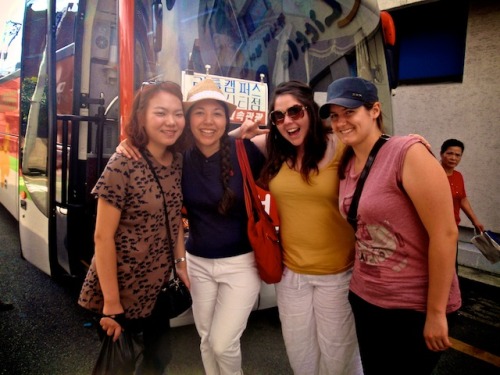
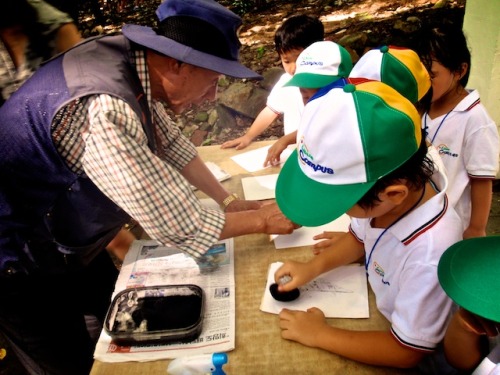
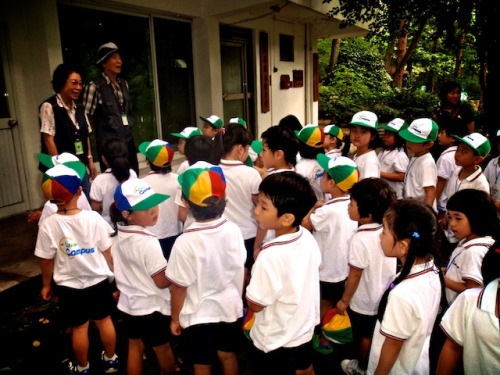


 RSS Feed
RSS Feed It’s the “China Lurking” edition. Whether it’s in Juba, Tokyo, or Pyongyang, or in the wallet and in the White House, Chinese actions in its backyard and farther abroad are stirring trouble. And, for Indians, comparisons with China are in the foreground because of the hash New Delhi is making of the Commonwealth Games. I’ve never thought highly of white elephant sporting events as economic engines, so I hope the Indians can end the fad altogether.
It’s the “China Lurking” edition. Whether it’s in Juba, Tokyo, or Pyongyang, or in the wallet and in the White House, Chinese actions in its backyard and farther abroad are stirring trouble. And, for Indians, comparisons with China are in the foreground because of the hash New Delhi is making of the Commonwealth Games. I’ve never thought highly of white elephant sporting events as economic engines, so I hope the Indians can end the fad altogether.

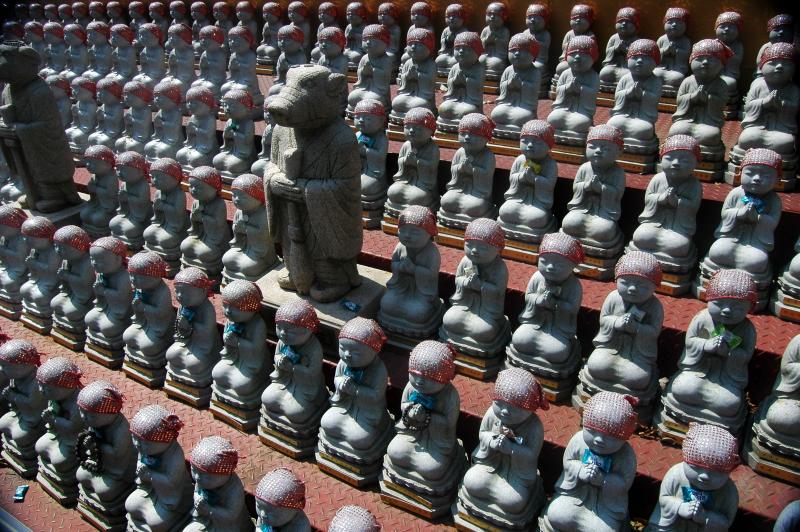
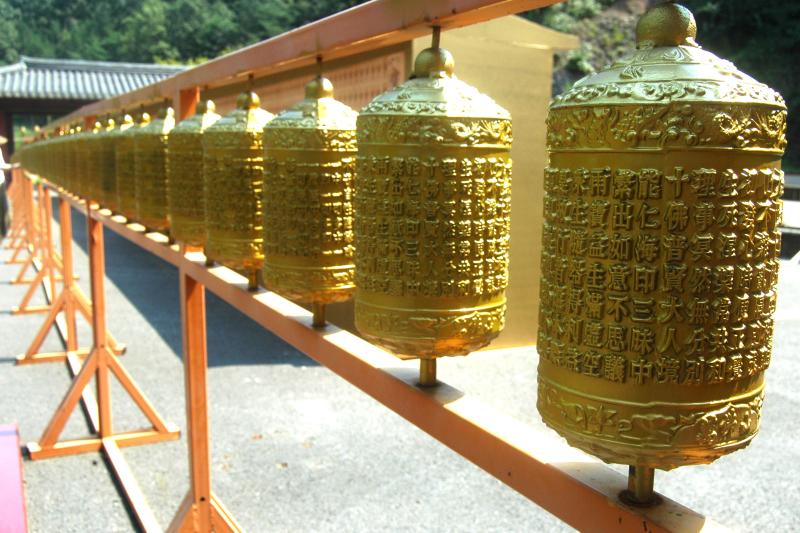

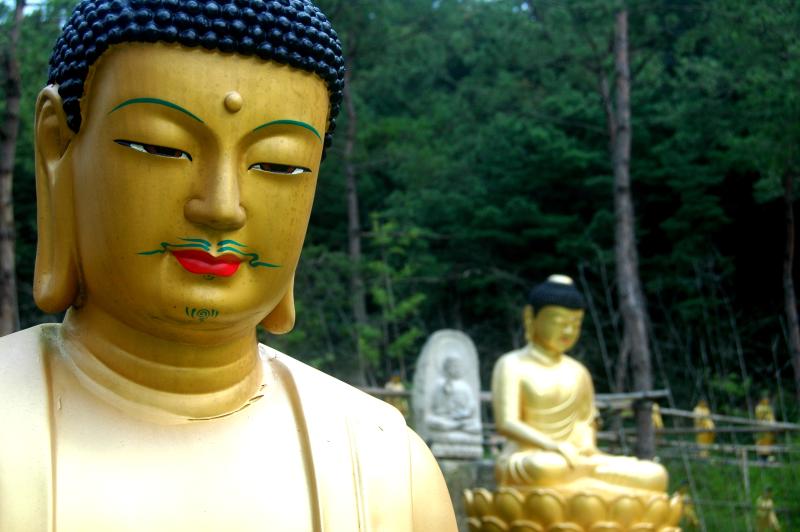

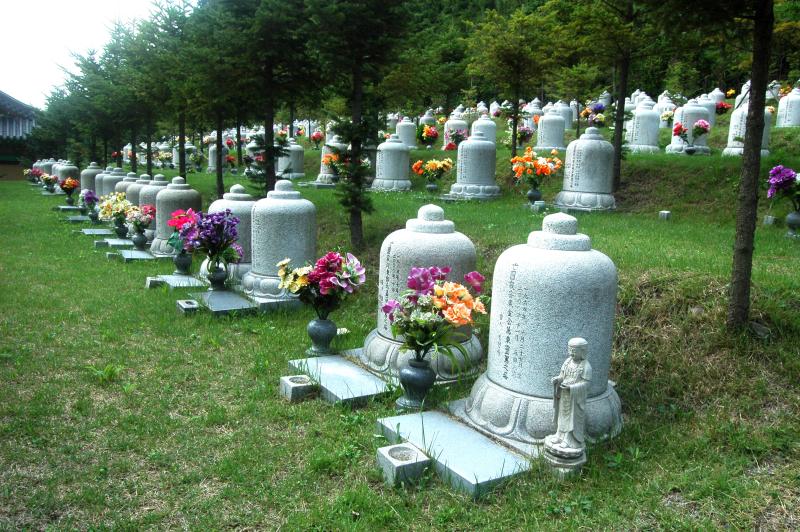
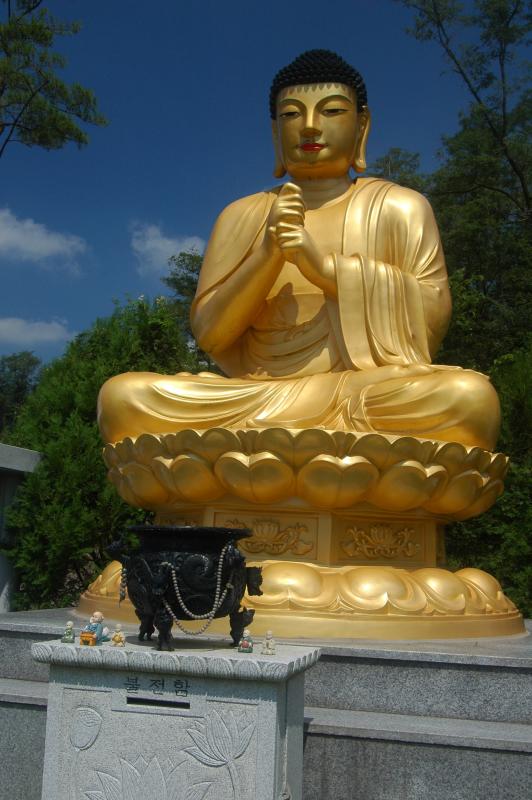
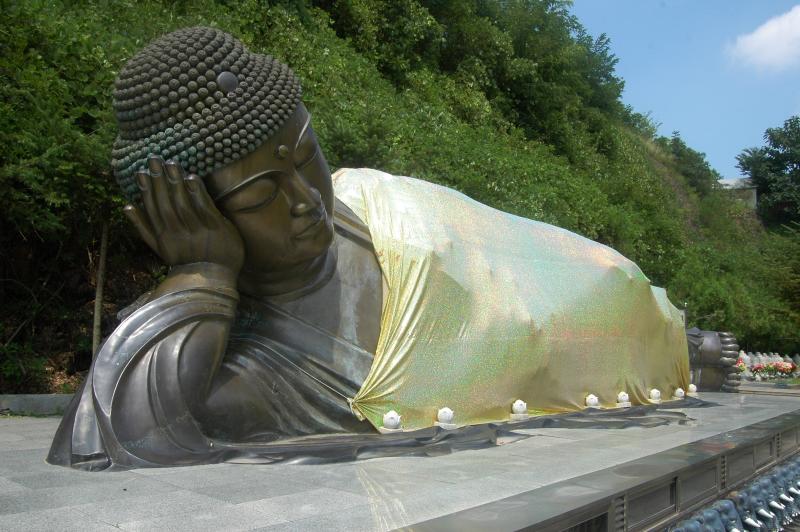
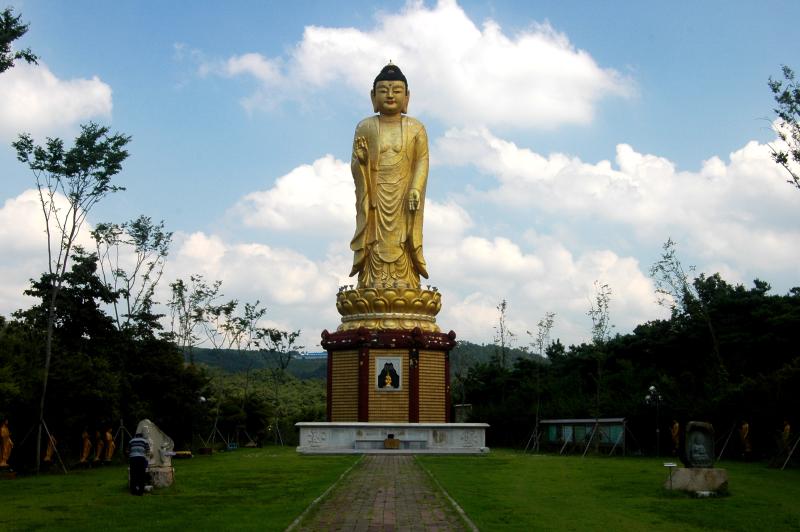
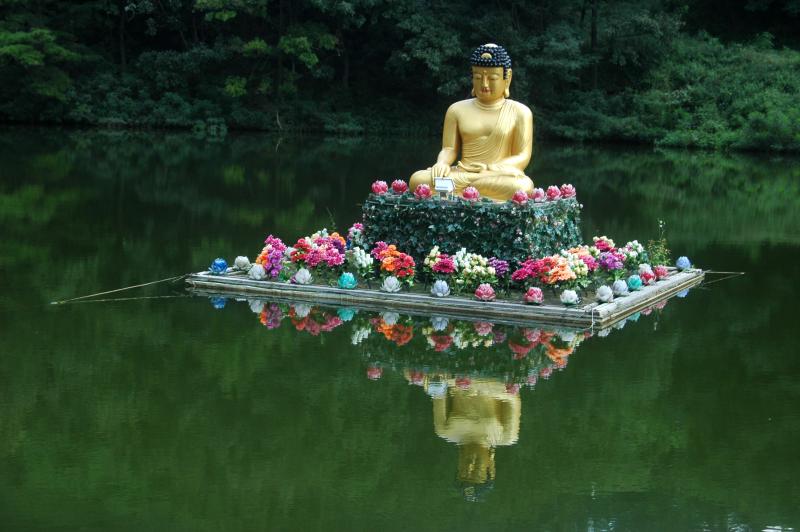



Recent comments